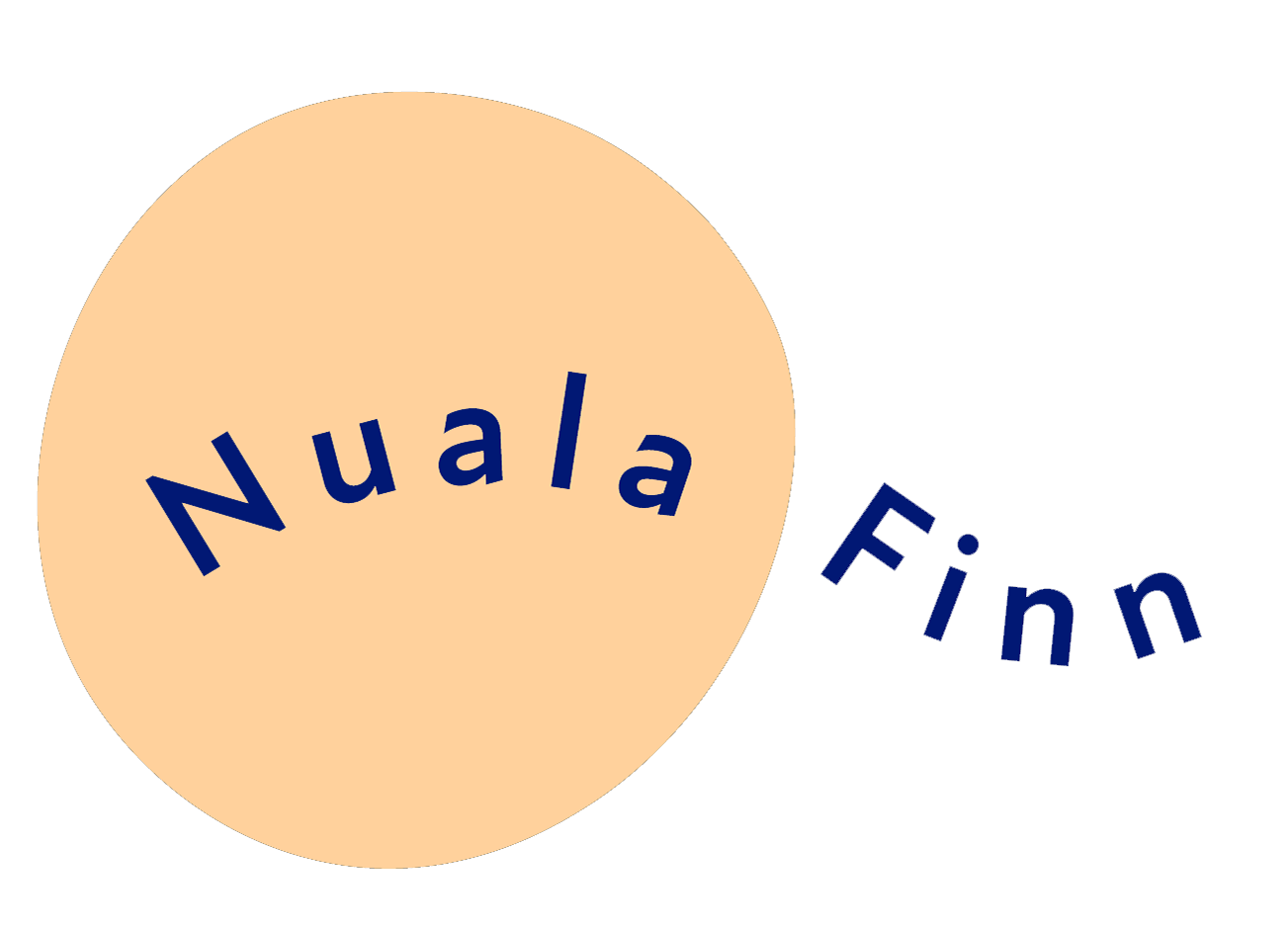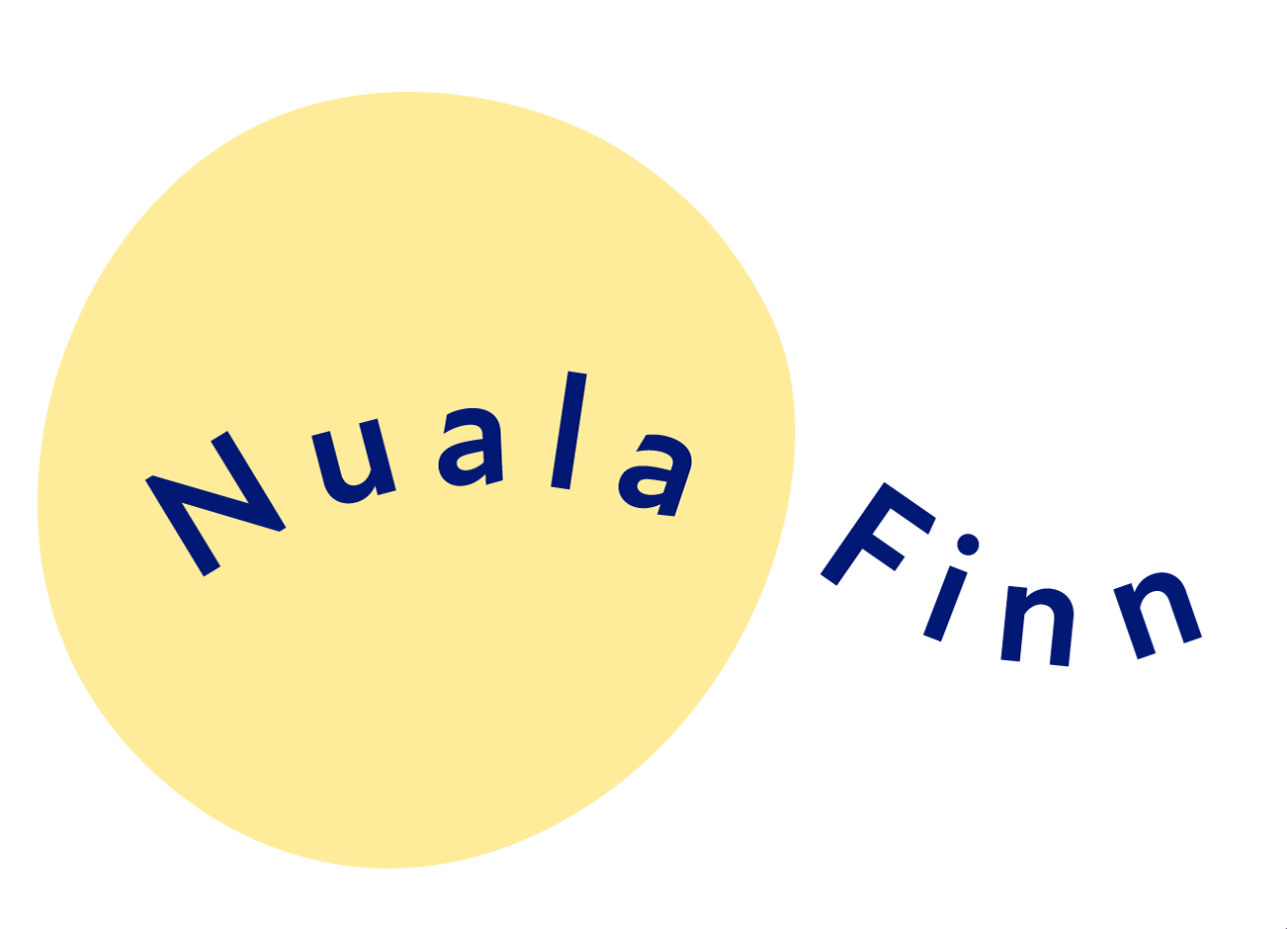There is Such a Thing as a Free Lunch
Neukölln's favourite launderette-themed restaurant is giving back to the community
Originally written for LOLA September 2019
Originally written for LOLA September 2019
Sitting in the smoking room, in an opulent business-class airplane seat between deep blue walls, an upright piano and a pile of records, you can feel the years that have passed through this space on Flughafenstraße. The quirky decor carries an air of relaxed classiness. A famous German singer celebrated his birthday here just recently. Today, however, berlinpass holders also have an opportunity to savour three courses of the restaurant’s Italian deliciousness, for free.
This act of generosity is not widely advertised aside from the chalkboard notice outside. Having a long-established reputation for fantastic food and service, Lavanderia Vecchia has no need for publicity stunts. Each month, this Neukölln establishment does more than serve its food for free: it treats people to an experience they might not currently have access to. We went to sample the recipe for this special kind of generosity.
Berlin residents claiming certain unemployment benefits, or using the Hartz IV welfare programme, can apply for the berlinpass, which entitles them to €3 opera and theatre tickets, €27.50 monthly public transport tickets, free entrance to museums and galleries, and a free three-course lunch at Lavanderia Vecchia on the last Wednesday of every month. The distinguished Berlin restaurant serves up the same amount of love to their berlinpass customers as they do their business guests, for free. The special lunch menu in September consisted of a smooth potato soup followed by a creamy spinach ricotta and tomato pasta, with a featherlight chocolate brownie to finish.
The monthly lunch is more than a dining experience, it’s a glimpse of egalitarianism. The restaurant’s large communal tables fill up with a mix of business customers and those receiving the free lunch that day. Artists, voiceover scouts, retirees, and a young Turkish woman trying Italian pasta for the first time all share our table at some point. The set menu costs paying guests €12, which partially subsidises the berlinpass free lunches.
Elena Hoffmann, who runs the restaurant, greets all of her guests with warmth, which helps create the inclusive and harmonious atmosphere. No one is made to feel that they have a different status.
Lavanderia Vecchia is a family business, set up around ten years ago by former Hausverwaltung company owner Renate Hoffmann and her husband, Andreas Hoffmann, a former IT manager. Now that they spend most of their time in Italy, the couple have passed on the daily running of the restaurant to their daughter, Elena.
Previously an industrial laundrette, Lavanderia Vecchia pays tribute to the building’s former occupancy. Washing lines are laced across the ceiling, crocheted tea towels hang overhead, and a Victorian mangle stands next to the door. Instead of a tip jar, there’s a flowing tip fountain where customers are encouraged to throw coins and launder their money.
Initially, the restaurant offered a 50% discount on the lunch menu to berlinpass holders. As the first year of business went well, the Hoffmanns decided to share their success by substituting this discount with an entirely free meal.
Sitting in Lavanderia Vecchia with folded red-framed glasses in his shirt breast pocket, Andreas recalls how the idea developed. “We held the special lunch for the first time in December 2010 because we had a successful start and wanted to give something back. After this, we thought, ‘This is great and we like it very much’, so we decided to make it every last Wednesday of the month. In the beginning, there was also a little bit of hope that there would be some marketing benefits from doing this, which didn’t happen. But at the end of the day, the people are worth it. There are a lot of poor people and people with not-so-funny stories in their lives. It’s fun to do it and most of the people are really nice. Some even bring presents for us, like marmalade, at Christmas.”
During the monthly lunches, Lavanderia Vecchia runs at full capacity with an average of 130–160 guests. The Hoffmanns needed a way to control the number of people invited to the free lunch, for which the berlinpass became the optimal tool. “It’s already a great amount of work… I don’t want it to get too big. We are running at the limits of possibility, and it’s good like this,” Andreas explains.
Even before the success of Lavanderia Vecchia, Renate Hoffmann wanted to give something back to the community and decided to open a soup kitchen for homeless people in a vacant shopfront on Flughafenstraße back in 2008. Cooking an Eintopf in her apartment, Renate would bring her homemade food over to the shop and serve about 30–40 people a day.
The Hoffmanns have seen 20 years of change on Flughafenstraße. In the late 90s, when Neukölln was a ghost town, the couple bought the building in which Lavanderia Vecchia is situated. Andreas has been living in Berlin since 1973 and remembers that in the 80s, Neukölln was full of students. After the Wall fell, Neukölln residents looking for excitement upped sticks and migrated over to the fresh, uncharted eastern hotspots, such as Mitte and Prenzlauer Berg. The supermarkets in Neukölln began to close and the Hoffmanns struggled to find tenants for their flat. But having already seen how the flavours of Berlin’s districts could easily change, Andreas was convinced that young people would eventually come back. And they did.
More recently, there’s been another change to the fabric of Neukölln: tourists. Since Lavanderia Vecchia was featured in Lonely Planet, a steady 30–40% of its evening guests are now holidaymakers from across the world.
In 2003, Germany’s labour market underwent the first in a series of reforms to its Hartz IV welfare benefits programme, which left benefit receivers financially worse off. This accelerated inequality in Germany. According to an OECD report, “Germany is the only EU country that has seen an increase in labour earnings inequality from the mid 1990s to the end 2000s driven by increasing inequality in the bottom half of the distribution.”
Hartz IV has lead to an increase in support for the Bedingungsloses Grundeinkommen, or Universal Basic Income initiative, an idea that lies in direct opposition to Hartz IV.
Hartz IV applies strict financial sanctions to benefit receivers who do not meet their demands, such as missing appointments at the job centre or failing to meet job application targets. In doing so, the Hartz IV system seems to follow the line of reasoning that in order to motivate poor people to work, you should stop giving them money. Alternatively, the Bedingungsloses Grundeinkommen approach is to give every citizen an unconditional income, without means testing or any pressure to work.
Germany is a modern welfare state, which is expressed in Article 1 of the German constitution: “Human dignity shall be inviolable. To respect and protect it shall be the duty of all state authority.” However, in April 2012, a Berlin court ruled that the monthly Hartz IV payment was unconstitutional, in that it fell exactly €36 short of providing citizens with a dignified existence.
We asked Andreas Hoffmann his opinion on Hartz IV. “I think that it’s important to distribute money fairly in society. Some people have a lot of money and others have nothing. Clearly there are also people who use these systems because they don’t want to work, to do nothing. But for German society, it’s very important that we have a system because we have to give people money, otherwise, the rates of criminality will go up. I’m convinced of that! I’m also a fan of the Bedingungsloses Grundeinkommen model, which they are experimenting with in Finland and partially even Berlin.”
At the beginning of this year, 250 Berlin residents on Hartz IV were randomly selected to receive their monthly €416 benefit allowance without any conditions attached. The participants will be guaranteed a basic income, with their progress documented through questionnaires and test groups. “The worst part about the Hartz IV system is that it’s a lot of bureaucracy,” says Andreas. “I’m more a fan of giving everyone €1,000 and then we can send 2,000 people home who are working for the administration of Hartz IV. Most people will go to work anyway, because €1,000 is not much, and others wouldn’t know what to do all day. So I believe that could work.”
A universal basic income for all might be a while away, so initiatives like this are a wonderful way to bring about some sense of solidarity and engender equality in the meantime. By offering a free lunch to berlinpass holders, Lavanderia Vecchia is ensuring that those who may have had their access to some of the city’s cultural spaces restricted by their circumstances and situations can still enjoy it and take part. We live in an age of increasing inequality, and it would be tremendous if other businesses would follow this lead and open their doors in a similar way. Lavanderia Vecchia’s “giving something back” lunch doesn’t just share success and bring good feelings, it also serves up a large helping of inspiration.
Find Lavanderia Vecchia in the hinterhof of Flughafenstr. 46, 12053. Service runs Monday–Saturday. Check out their site for lunch and dinner menus.

